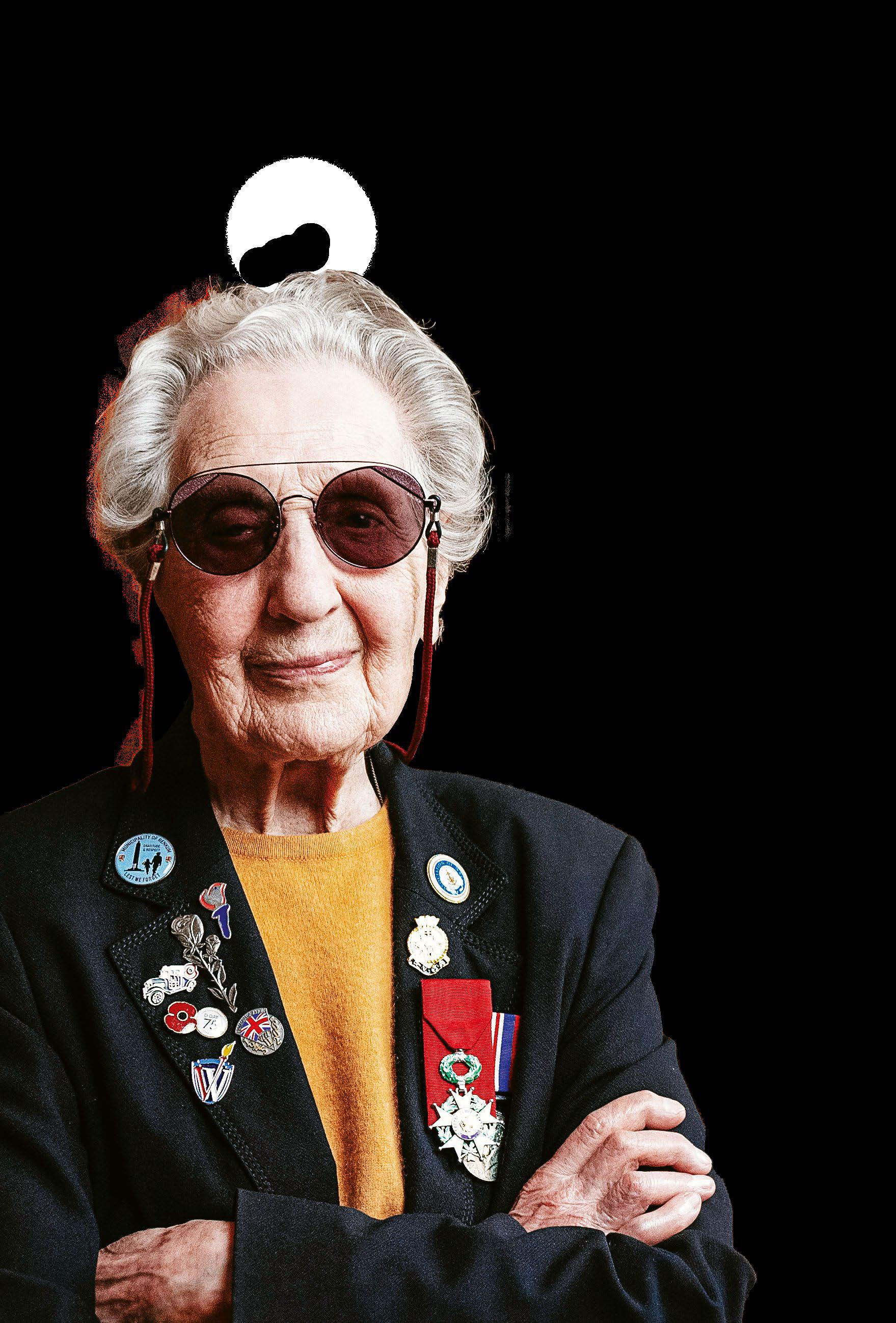
Marie Scott was just 13 at the outbreak of the Second World War, and four years later she decided it was time to play her part on the home front. However, dreading the prospect of toiling in the fields with the Women’s Land Army, she utilised her switchboard operating skills, which made her an excellent candidate for the Women’s Royal Naval Service (Wrens). After a short time training at Mill Hill, Scott was transferred to Fort Southwick, Portsmouth. There, she was placed on the communications frontline. Little could the teenager have known, she would be taking part in one of the most important operations in world history. Working deep in the tunnels on the switchboard before becoming a VHF (Very High Frequency) radio operator, she was about to play a vital role in Operation Overlord.
Aged 97, Scott is now a retiree living in New Malden, South London. She spoke to History of War about growing up in London during the war, her time serving with the Wrens and her thoughts on remembrance as D-Day reaches its 80th anniversary.
A teenager at war
When Britain declared war on Nazi Germany, Scott was living with her family in London. Though the conflict precipitated the mass evacuation of children from the capital, her parents hated the idea of the family being separated, so they remained in London, despite the relentless bombing. The constant danger terrified Scott. “I remember one time when the Luftwaffe bombed the docks for two or three nights in succession,” she recalls. “They obliterated the docks, and the sky was red all over London. After that, we had the V-1s and V-2s. There’s nothing worse than knowing that when you hear the engine cut out, there’s going to be an explosion.”
この記事は History of War の Issue 133 版に掲載されています。
7 日間の Magzter GOLD 無料トライアルを開始して、何千もの厳選されたプレミアム ストーリー、9,000 以上の雑誌や新聞にアクセスしてください。
すでに購読者です ? サインイン
この記事は History of War の Issue 133 版に掲載されています。
7 日間の Magzter GOLD 無料トライアルを開始して、何千もの厳選されたプレミアム ストーリー、9,000 以上の雑誌や新聞にアクセスしてください。
すでに購読者です? サインイン
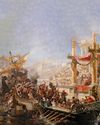
NAUMACHIA TRUTH BEHIND ROME'S GLADIATOR SEA BATTLES
In their quest for evermore novel and bloody entertainment, the Romans staged enormous naval fights on artificial lakes
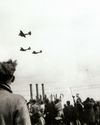
OPERATION MANNA
In late April 1945, millions of Dutch civilians were starving as Nazi retribution for the failed Operation Market Garden cut off supplies. eet as In response, Allied bombers launched a risky mission to air-drop food
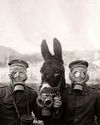
GASSING HITLER
Just a month before the end of WWI, the future Fuhrer was blinded by a British shell and invalided away from the frontline. Over a century later, has the artillery brigade that launched the fateful attack finally been identified?
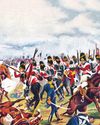
SALAMANCA
After years of largely defensive campaigning, Lieutenant General Arthur Wellesley went on the offensive against a French invasion of Andalusia
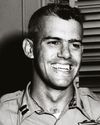
HUMBERT 'ROCKY'VERSACE
Early in the Vietnam War, a dedicated US Special Forces officer defied his merciless Viet Cong captors and inspired his fellow POWs to survive
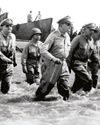
LEYTE 1944 SINKING THE RISING SUN
One of the more difficult island campaigns in WWII's Pacific Theatre saw a brutal months-long fight that exhausted Japan’s military strength

MAD DAWN
How technology transformed strategic thinking and military doctrine from the Cold War to the current day
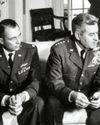
BRUSHES WITH ARMAGEDDON
Humanity came close to self-annihilation with the Cuban Missile Crisis, Broken Arrows’ and other nuclear near misses
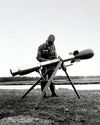
THE DEADLY RACE
How the road to peace led to an arms contest between the USA and USSR, with prototypes, proliferation and the world’s biggest bomb
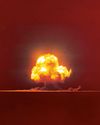
THE MANHATTAN PROJECT
Einstein, Oppenheimer and the race to beat Hitler to the bomb. How a science project in the desert helped win a war